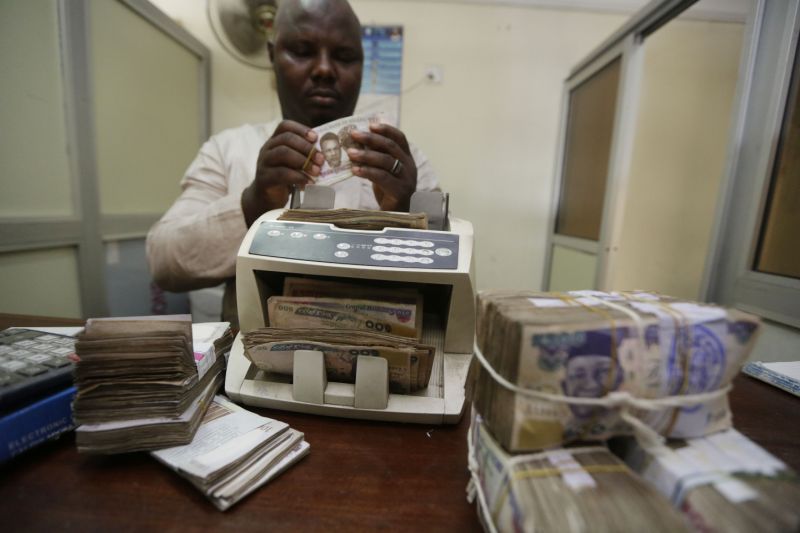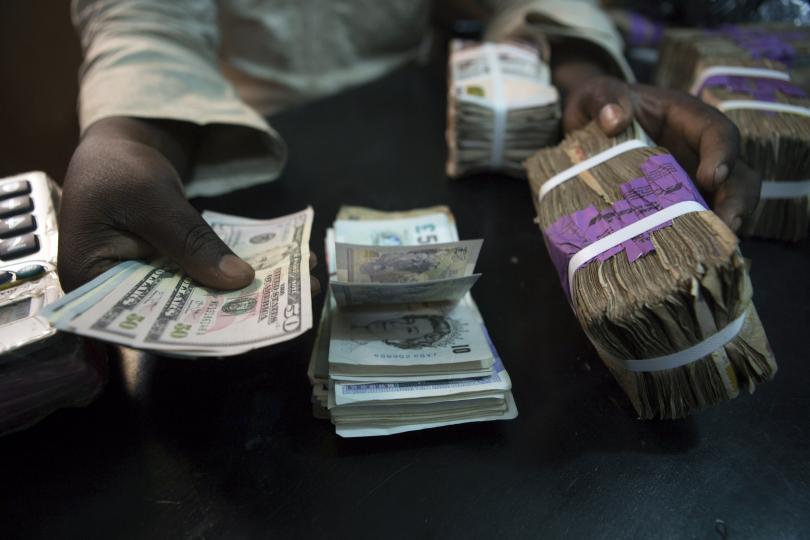Zimbabwe’s financial landscape has been rattled by the introduction of the new currency ZiG, spelling trouble for investors who had sought refuge in the stock market amidst economic turmoil.
The Zimbabwe Stock Exchange (ZSE) All Share Index has plummeted by 99.95% since the rollout of ZiG on April 5. This has erased more than 330% gain recorded earlier this year.
The introduction of ZiG, short for Zimbabwe Gold, was intended to provide stability to the country’s currency and succeed the embattled Zimbabwean dollar, which had already lost 80% of its value in 2024 alone.
However, instead of instilling confidence, the new currency has sent shockwaves through the stock market, leaving investors grappling with the fallout.
Prior to the currency conversion, investors had flocked to the stock market as a safe haven amid the Zimbabwean dollar’s depreciation and soaring inflation rates, which had reached a seven-month high of 55.3% in March.
However, the abrupt introduction of ZiG has reversed their fortunes, plunging share prices and trading volumes as the market grapples with the transition.
Justin Bgoni, the CEO of the Zimbabwe Stock Exchange, attributed the market’s poor performance to a combination of factors, including delays in currency conversion by financial institutions and tight liquidity conditions.
He noted that investors were also hesitant and uncertain about the value of assets denominated in ZiG terms, further exacerbating the situation.
The conversion of share prices from the old currency to ZiG at a swap rate of 1 ZiG to 2,498 Zimbabwean dollars has led to a significant decline in trading volumes and revenues for brokerage firms.
Lloyd Mlotshwa, head of research at Harare-based brokerage IH Securities, highlighted that brokerages have experienced a substantial hit to earnings, with some seeing their revenues drop by at least 50%.
Stockbrokers in the capital, Harare, described the current market conditions as “a painful early winter,” marked by limited trading volumes and uncertainty. They anticipate broader ramifications across the stock market architecture, affecting not only stockbrokers but also custodians, government taxes, and the Zimbabwe Stock Exchange itself.
Enock Rukarwa, a research and investment consultant at FBC Securities, said stockbroking boutiques need to adapt their business models to mitigate the impact on commission income and pointed out that the majority of the economy still transacting in US dollars.
He suggested that stockbroking boutiques need to adapt their business models to mitigate the impact on commission income.
Imara Asset Management, Zimbabwe’s largest independent brokerage overseeing $100 million in assets, warned of further upheaval in the coming months as share prices adjusted to ZiG.
The company’s CEO and CIO, John Legat and Shelton Sibanda, criticized the decision to adopt ZiG instead of US dollars, considering that many listed businesses operate in USD.

 Forex3 weeks ago
Forex3 weeks ago


 Naira2 weeks ago
Naira2 weeks ago
 Billionaire Watch2 weeks ago
Billionaire Watch2 weeks ago




 Naira2 weeks ago
Naira2 weeks ago




 Naira2 weeks ago
Naira2 weeks ago




 Naira4 weeks ago
Naira4 weeks ago


 Naira7 days ago
Naira7 days ago
 Banking Sector4 weeks ago
Banking Sector4 weeks ago






















